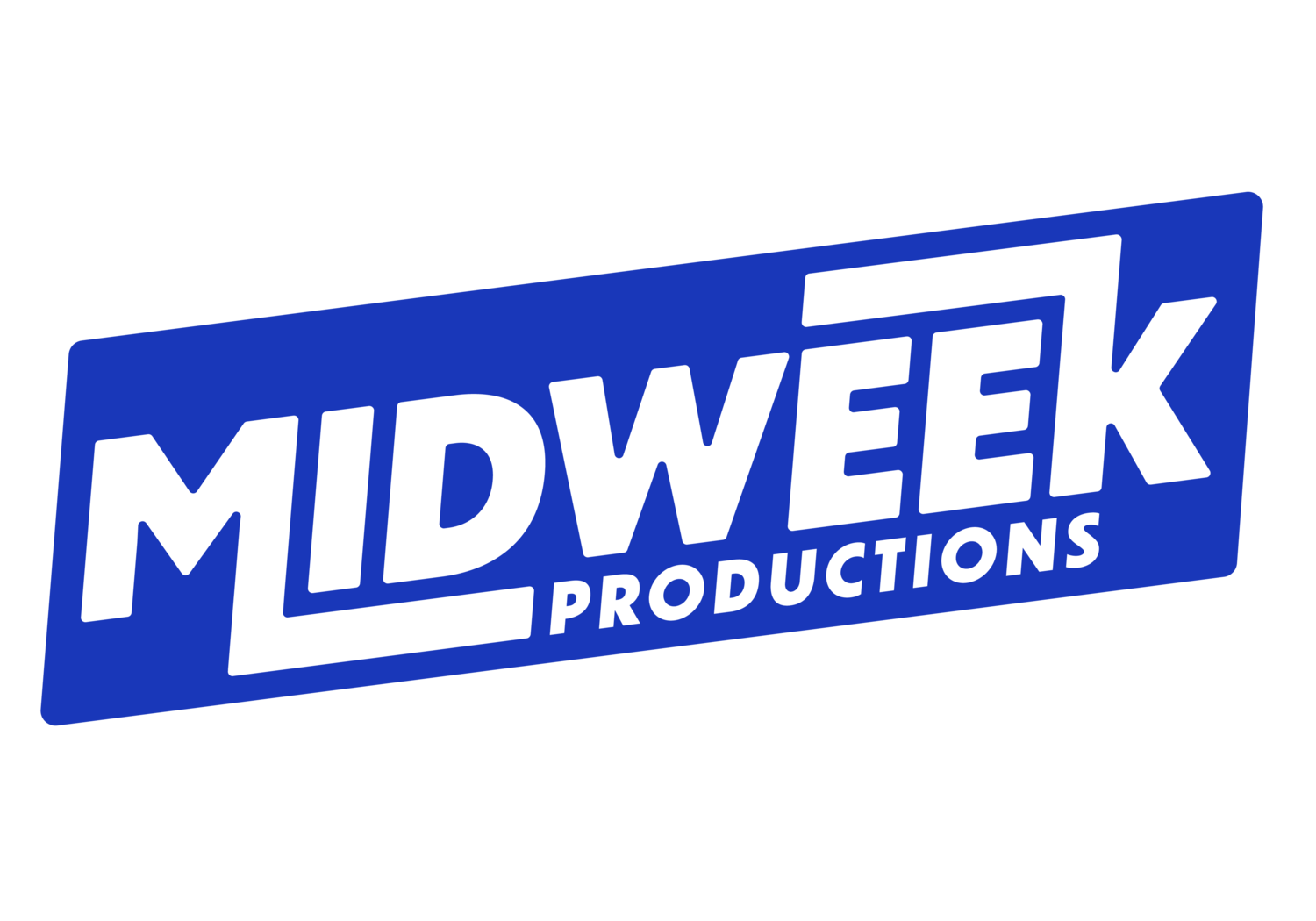How To Prepare For A Documentary Interview
So, you were asked to be in a documentary and now want to figure out what to expect? With documentaries becoming more mainstream and popular, it is something that may not be so far fetched. For a lot of people who are asked, there are a lot of unknowns on what to expect or look out for so we put together some brief insight based on our experience.
SUBJECT MATTER
If you are asked to be in a documentary, the first step will be to find out the subject matter, what will the documentary be about. Oftentimes, filmmakers will have a one-sheeter or deck put together with an overview of information about the documentary. This will give you insight on subject matter, who the intended audience is, total run time and description. The log line will provide a concise summary of the documentary that states the central conflict of the story, often providing both a summary of the story, and a hook to stimulate interest.
Getting a good sense of the documentary subject matter will allow you to determine if you are the right fit for a documentary subject. Is the subject matter something that you are passionate about and feel comfortable discussing publicly? Does your area of expertise or lifestyle fit into the topic? If you have any doubts it is best to discuss with the filmmaker in advance so that everyone is on the same page and there are no surprises.
DOCUMENTARY GENRE
There are a large number of ways that a filmmaker can execute a documentary subject and no two documentaries are the same. Some of them are for educational purposes, some are to observe and learn about a particular process or way of life, and then some are meant for exposing something or trying to get the audience to think a specific way. Generally, documentaries fall within six primary categories that you can read more about here. It is important to figure out the style of the documentary you are asked to be in so that you can determine if it is something you are comfortable with and how to prepare.
INTERVIEWS
A large portion of documentaries are interview based with supplemental footage to go with the interviews. These can be interview-lead, with the interviewee telling the story, or host-lead, with a host leading the interview on camera. As an interviewee, you can often get the questions or a discussion guide in advance to help you think about responses or make sure nothing is out of bounds.
We shot Food Forward in an interview-lead way, with our interview subjects telling the story of how they overcame and adapted during the pandemic. Though no interviewer is seen or heard, there was someone asking them questions from off camera. This style allows the interviewee to tell the story directly to the viewer from their point of view.
Host-lead documentaries are typically used in a more educational or experiential way where the interviews and information is guided by the host. An example of a docuseries that is host-lead is Salt Fat Acid Head on Netflix. During these documentaries, both the host and interview subject are seen on camera.
CONSENT AND TERMS OF USE
It is very important to read through and sign a consent form and terms of use before filming. These forms will cover things like permission to use your essence in the film, the length of time for that permission, the platform the film will be showing on, compensation (if any), etc. Depending on the production company and the platform where the film will be showing, there may be multiple forms to sign. If the subject matter involves a sensitive subject or there are specific terms that you need to meet, it is a good idea to have a lawyer go through the paperwork to make sure you know what you are signing off on.
TIME COMMITMENT
Like most good things, shooting a documentary film does take time...probably more time than you think it does :D There are a lot of factors involved like how long the documentary will be, if you are a lead part or a secondary part, if there are time constraints and how much supplemental footage the filmmaker needs. It is best to discuss time commitment with the filmmaker in advance so that you know what to expect.
Documentary filmmaking is more than just a short interview. The best genuine moments are often captured with several days or weeks of shooting and there is a large range. With large productions like American Factory, the total time filming was 2-3 years. We shot our short documentary, Above It All, during the 3 day weekend of the Adirondack Balloon Festival.
The good news is, documentary film crews are often small and will work around your schedule and activities. With a lot of crews shooting with a fly-on-the-wall approach, you may even forget they are there!
IN CONCLUSION
Getting asked to be in a documentary is an exciting way to get exposure and share your story or passion. With more availability now than ever for documentaries to stream and be seen, it is important to get background information to make sure you are the right fit and so you know what you are being a part of.
If you have any questions on our productions or want to learn more, you can reach out to us at hi@midweekproductions.com.




